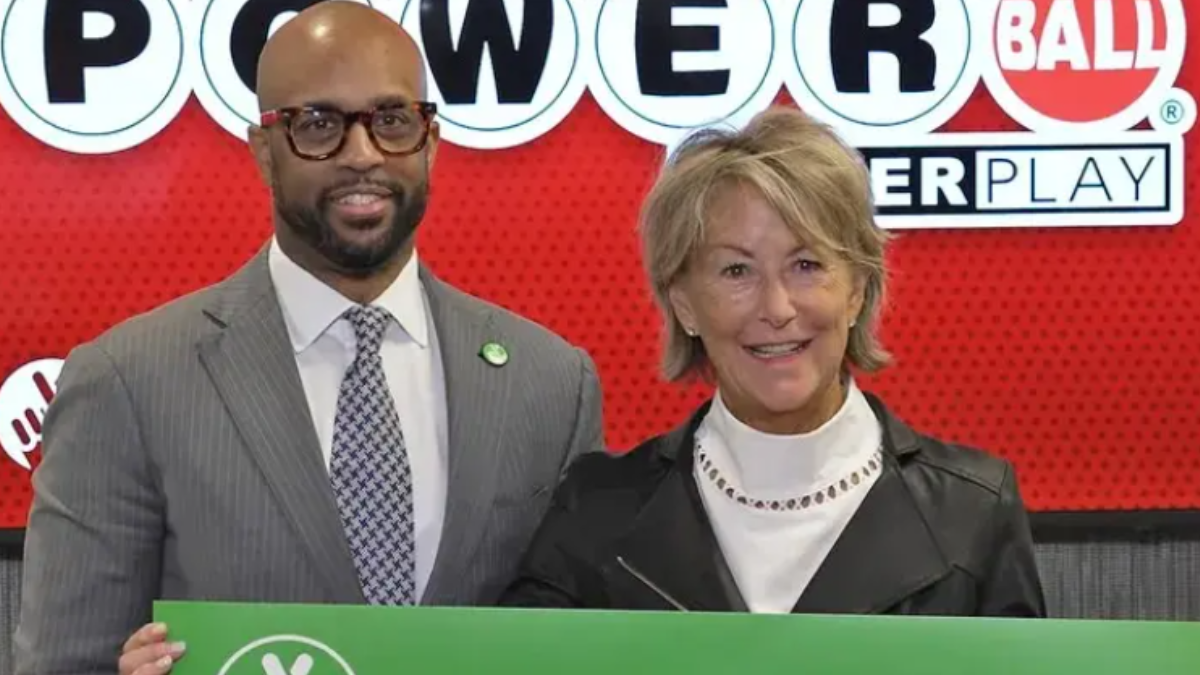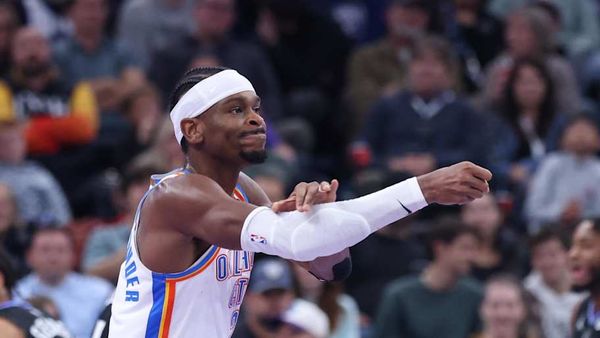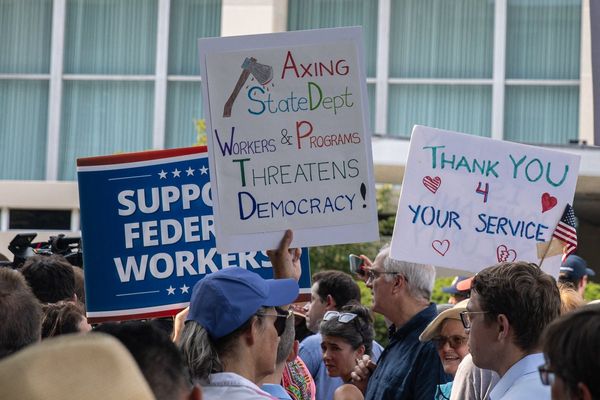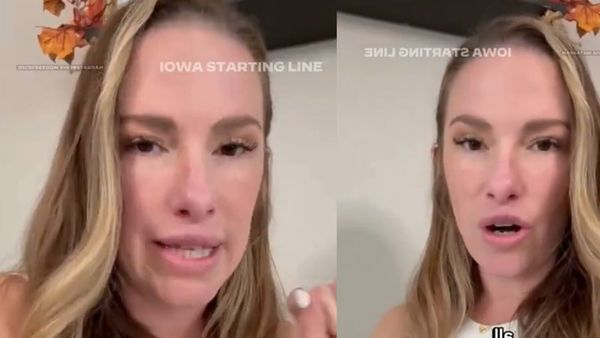
The debate about what and how we should implement generative AI still wears on in culture. Nobody can quite see eye to eye, with each side presenting great arguments for and against the new technology. But Carrie Edwards from Virginia just might have made the best argument for ChatGPT yet.
The New York Post reports that Edwards rarely plays the lottery. But one day — maybe it was boredom, maybe she just felt lucky — she decided to try. Edwards ended up getting the first four of five numbers including the Powerball by asking ChatGPT to pick them for her. “I’m like, ChatGPT, talk to me… Do you have numbers for me?” she shared during a press conference. Furthermore, she had added an extra dollar to her lottery ticket, so she got $150,000 instead of the usual $50,000 payout.
The nature and rush of lotteries has always been their unpredictability. Sometimes even giving your place up in a queue could lead to you missing out on a billion-dollar payoff. So of course, when Edwards first won, she wasn’t expecting it. She even got the text from the lottery and ignored it because she thought it must be a scam. But little by little she saw confirmation that she was indeed a winner.
But that’s where Edwards turned a miracle into something truly remarkable. She decided to give all the money away. Edwards explained her reasoning: “As soon as that divine windfall happened and came down upon my shoulders, I knew exactly what I needed to do with it. And I knew I needed to give it all away, because I’ve been so blessed, and I want this to be an example of how other people, when they’re blessed, can bless other people.”
The first recipient on her list was the Association for Frontotemporal Degeneration (AFTD). Much like Bruce Willis, Edwards’ husband also battled the disease and passed away in 2014 — and Edwards wants to give the association as many resources as she can to help them do more research and find more answers.
Her next recipient is Shalom Farms. At a time where SNAP benefits are being questioned, she has chosen to give money to a regenerative farm. Edwards explained, “It’s the greatest organization, because they understand that — when it comes down to it — we all are responsible for helping each other in this life and helping the community, and helping those who don’t have what we have. [It’s] something that they are focused on through their food justice and food equity program.”
Her third recipient is the Navy-Marine Corps Relief Society. At a time when AI dominates conversation about whether it should be legal for it to give you financial advice or medical advice — and when there are also questions about whether generative AI is just a fancy way of saying plagiarism — there is still a lot to unpack.
But as we figure out how to contend with the new technology, Edwards’ story proves that if we maintain our humanity in our dealings with it, it could be beneficial. We could use it to create abundance, instead of just watching a billionaire CEO salivate on national television about how this new technology means they will get to pay even less wages.







